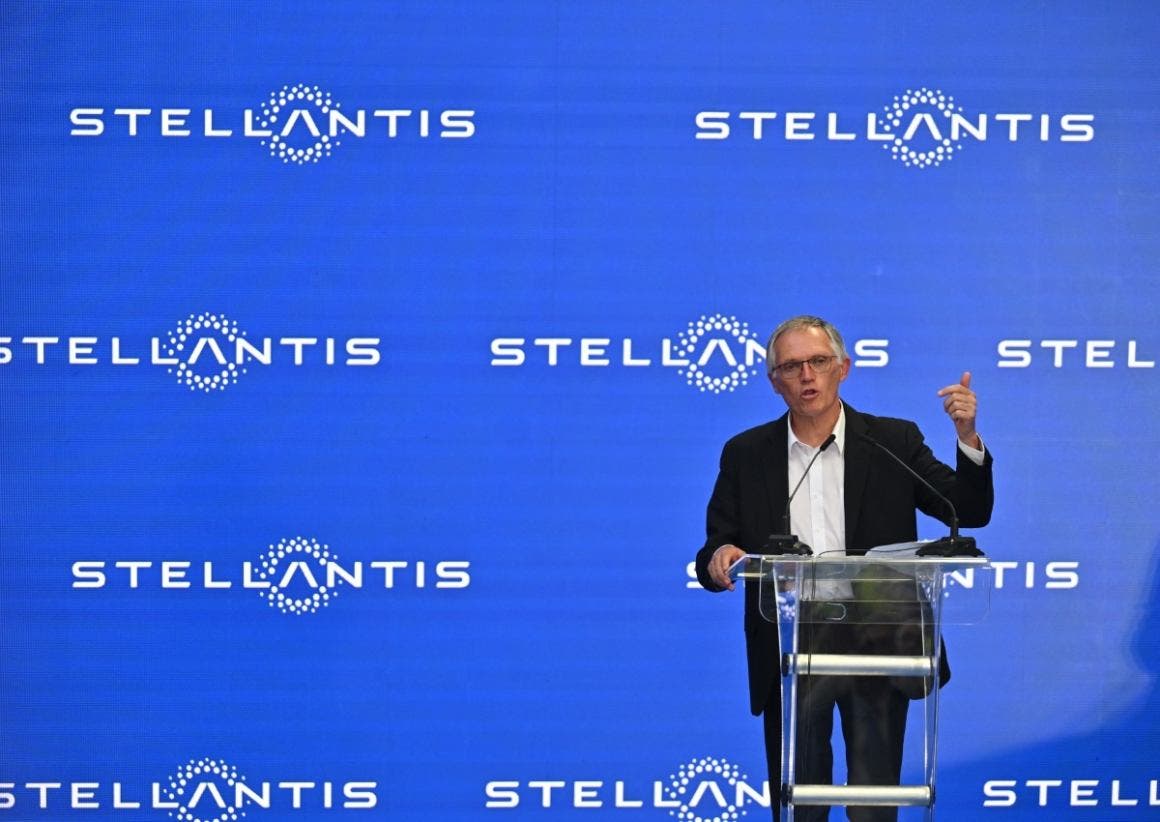Stellantis is ready for electric, says Carlos Tavares. In fact, the automotive Group is asking the EU not to delay the introduction of emission limits planned for 2025. The Portuguese manager intends to focus entirely on efficient and accessible full electric vehicles, starting from 25,000 euros to counter Chinese competition.
Stellantis says it’s ready for electric, while other manufacturers try to back out

Stellantis CEO Carlos Tavares stated: “The EU’s decision is brutal, but it has been gradual, since 2018. It’s not a surprise. Yes, we could have done something smarter, but that’s how it went. As I said, we’ve worked very hard to prepare for that kind of situation. And I’ve always said we’re a compliant company: there’s a framework imposed by regulations and we move within it. Now we’re a few months away from the introduction of regulations and someone wants to change the rules. Why? We’re in the region of the world that is the most sensitive, the most demanding in terms of competition.”
“The rules have been known for a long time,” Tavares continues. “The competition is about to begin. Why should we change the rules? Is global warming no longer a problem? Should I tell you how many forest fires we have right now in Portugal as we speak? Half the country is on fire. Are we serious or not about global warming? If we want to do something about it, Stellantis is ready.”

In this regard, Leapmotor‘s Chinese electric cars are Tavares and Stellantis’ ace in the hole. As stated by the group on several occasions, Chinese electric vehicles will be sold in various global markets thanks to the collaboration with Stellantis. They will start from Europe, then gradually expand to other markets. Prices will be their strong point.
The automotive group intends to continue this path also due to the new European regulations that will come into force from 2025 and will be more stringent. According to research published by Dataforce, in the first half of 2024, the average CO2 emissions of cars sold by Stellantis stood at 113 grams per kilometer. The new threshold, starting from 2025, will be 94 grams of CO2 per kilometer: on cars sold from January 1, 2025, car manufacturers will pay 95 euros for each gram of CO2 that exceeds the threshold, multiplied by the number of vehicles sold.

